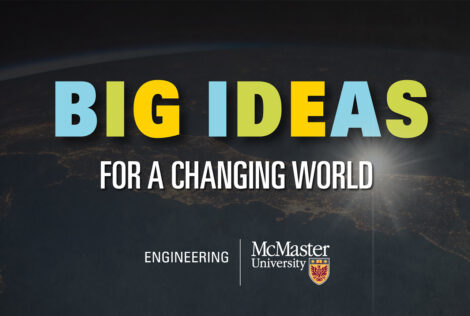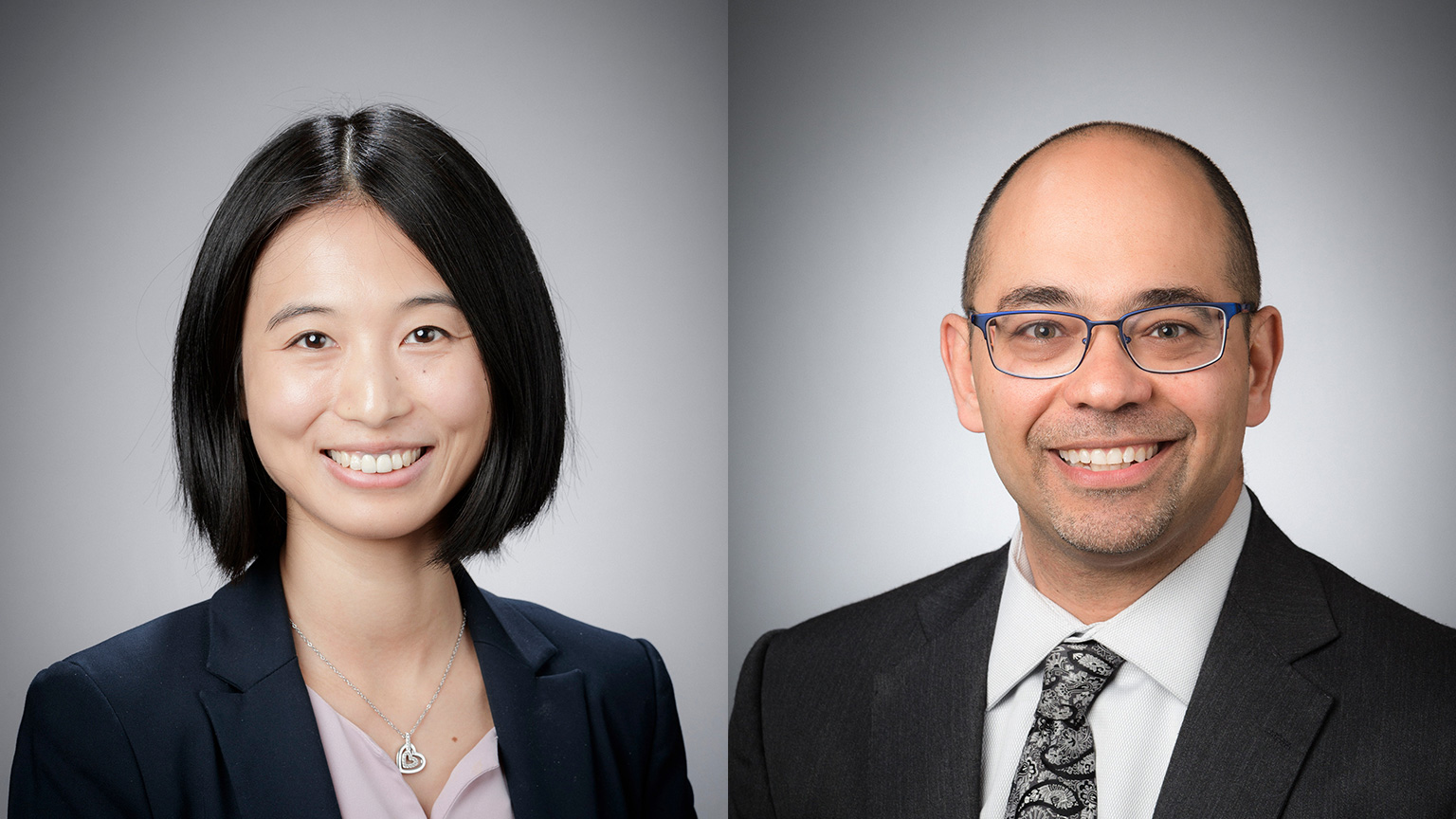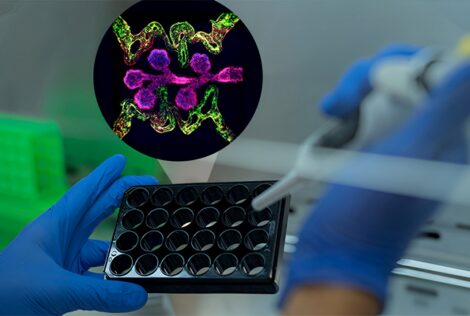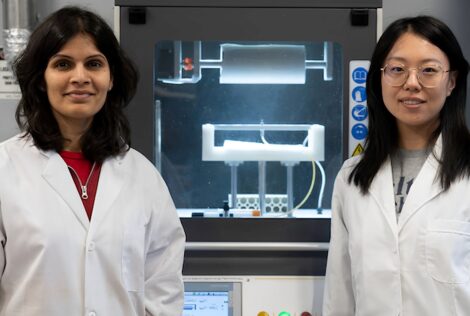

A project led by Zoe Li and Wael El-Dakhakhni received funding to further their research project, CityDNA, which can support decision makers in re-opening municipal facilities during COVID-19.
Using state-of-the-art techniques in network science, machine learning, systems analysis, and multi-objective optimization, the team is developing a City Dynamic Network Analysis (CityDNA) model which can be used as a tool to guide decision makers around re-opening municipal facilities during the COVID-19 pandemic.
These facilities, which are under complex constraints during the crisis, include transit systems, parks, community centers and schools.
“As the COVID-19 situation quickly evolves, more municipal facility operations and reopening decisions must be made in a smarter, faster and more strategic manner,” says Zoe Li, an assistant professor in the department of civil engineering who is co-leading this project with Wael El-Dakhakhni, a professor in the department of civil engineering and the McMaster School of Computational Science and Engineering.
Out of over 800 proposals across Canada, the McMaster team’s project was chosen as one of 11 winners of the COVID-19 Open Innovation Challenge.
They will receive $98K in funding from Roche Canada to develop their work, titled “Optimized City Operations in the Face of COVID-19: A Hybrid Complex Network Theoretic-Machine Learning Approach.”
Through CityDNA, the team is working to provide innovative solutions to mitigate the risk of economic and social damages caused by COVID-19 in cities across Canada.
“There is an urgent need for a reliable decision support tool to guide when and to what extend city operations should be reopened, without jeopardizing the efforts to prevent the spread of COVID-19,” says El-Dakhakhni.
“Our model will meet this urgent need and provide decision support for minimizing the economic and social damages caused by the epidemic,” Li adds.
On March 27, Roche Canada launched the Innovation Challenge, calling on Canadians to bring forward innovative ideas to address some of the biggest challenges and issues of the COVID-19 pandemic.
“Roche Canada developed this innovation challenge because we believe that it will take minds from many different sectors and industries to come together and solve the issues we face because of the pandemic,” said Mike Duong, Head of Personalized Health Care at Roche Canada.
“Our goal was to encourage new ideas, and make it easier for those already in development to come to life. Our hope is the CityDNA project can have a positive impact on the re-opening of communities and we look forward to championing this important work.”
Another McMaster submission, led by Jeremy Hirota from the Faculty of Health Sciences, was chosen as one of the 11 winners. This project looks at optimized nasal swab testing to better predict disease course and healthcare needs.


